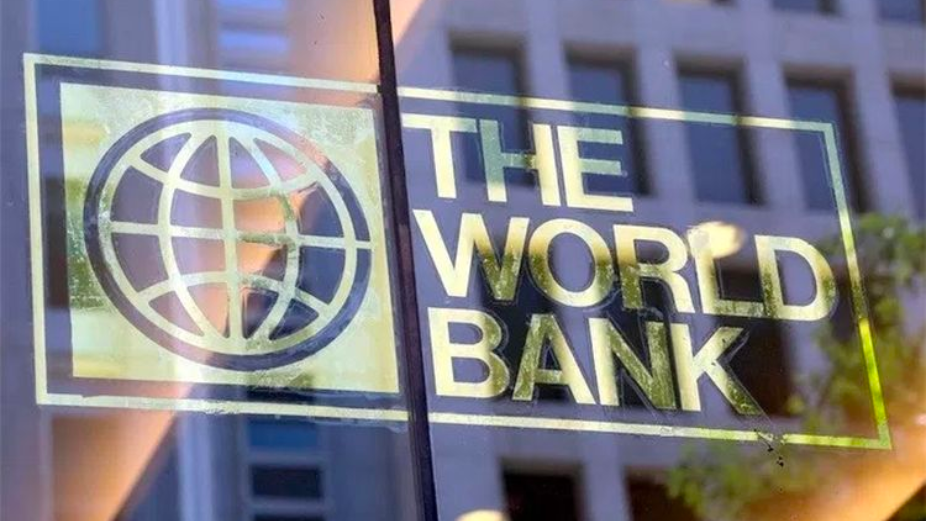The World Bank’s Board of Executive Directors has approved a $10 million grant to support Maldives to promote competition in the broadband market; improve digital identification and security for in-person and online services; and leverage digital technologies, data, and analytics to adapt to the increasing impacts of climate change.
Internet access and use in Maldives has expanded over the past decade, but challenges remain in terms of the affordability and quality of Internet services, particularly in the outer atolls. Gaps in the enabling legislative environment, as well as in digital infrastructure and platforms, make it harder for Maldivians to get online and access a wide range of public- and private-sector services in a secure manner. The need for decentralization and digital transformation is made more pressing by the effects of climate change such as sea-level rise and coastal erosion. These are having an impact on tourism and fisheries which are the mainstays of the island nation’s economy and people’s livelihoods.
“The pandemic has accelerated the digital transition already underway in Maldives, contributing to the emergence of new digital platforms and applications like e-payment systems, telehealth, and online education,” said Faris. H. Hadad-Zervos, the World Bank Country Director for Maldives, Nepal and Sri Lanka. “Building on this momentum, Maldives can unlock new opportunities for growth and new avenues for climate resilience to truly build back better.”
The Digital Maldives for Adaptation, Decentralization and Diversification Project will support the government in strengthening the legal, regulatory and institutional frameworks for broadband internet connectivity and infrastructure, data governance, and the digital economy. This will include boosting the capacity of the Communication Authority of Maldives and the National Centre for Information Technology to improve Internet connectivity for people, businesses, and government across islands.
“The modernization of the foundational ID system and the ecosystem for digital authentication will help facilitate trusted transactions online and offline to improve service delivery across a range of services such as finance, health, and social protection,” said Siddhartha Raja, co-task team leader for the project.
A state-of-the-art climate data platform will be established to advance climate-relevant data sharing and analysis and to enhance data-driven planning and policymaking for climate adaptation and resilience.
“This project will enable more affordable broadband-enabled services with more secure and privacy-conscious identification mechanisms,” said Jerome Bezzina, co-task team leader for the project. “It will also improve data and analytics by tracking emissions, deploying modern technologies such as drones and re-using data more efficiently to enable government and businesses to make more informed decisions in managing natural resources and protecting critical resources, such as coral reefs.”
The project will be implemented by the Ministry of Environment, Climate Change and Technology, in partnership with the Communication Authority of Maldives, National Centre for Information Technology, and Department of National Registration. The total financing is $10 million, which is fully covered under a grant from the International Development Association (IDA), the World Bank’s concessional credit window for developing countries.



















